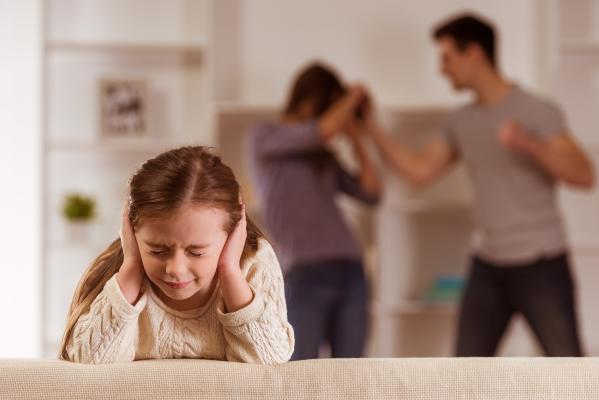
By Mitchell Clarke
Cardinia Shire’s family violence crisis is expected to intensify, as the Covid-19 pandemic continues to coincide with the start or escalation of violence and abuse.
The family violence frontline is fearful but prepared for a spike in figures, with more victims desperately trying to seek out support services.
Almost 1500 family violence incidents across the Cardinia Shire were recorded in the last year to March, according to the Crime Statistics Agency – but that number is expected to soar.
WAYSS – an organisation which assists vulnerable women and children experiencing violence and homelessness across Cardinia, Casey and Greater Dandenong – has noticed a significant increase in incidents following the first Covid-19 wave.
In February, 135 people required ongoing support from the organisation, but by May, the number had increased to 210.
“Home is not a safe place for everyone, and being confined to the house is a new kind of terror,” WAYSS CEO Liz Thomas said.
“When people have restricted access to get out of the house – and when the perpetrator is also home – the victim is unable to get out, to go to the shops or take the kids to school or even use their mobile freely.
“These are complex issues which give rise and the home becomes a pressure cooker and you don’t get that release valve.”
A new study by the Australian Institute of Criminology identified a link between family violence and the pandemic.
It found financial stress and job insecurity, increased social isolation and decreased social movement, and victims and offenders being in close proximity, were the biggest contributors to violence.
The study surveyed 15,000 Australian women about their experience of domestic violence during the initial stages of the pandemic.
The most common forms of violence – for women already subjected to physical or sexual violence – included pushing, grabbing and shoving, slapping, biting, kicking and hitting, and sexual violence.
“Covid doesn’t mean that we should be any more accepting or tolerant of family violence than we ever were,” Ms Thomas said.
“We’re all at the end of our tether, we’re all exhausted and we’ve got compliance fatigue but we as a community need to unite together.”
Together We Can facilitator Fiona Cost said evidence found a lack of gender equality was the driving force behind family violence.
“Rigid gendered roles, sexist behaviours, women not having independence or participating in decision making, and people allowing violence against women to happen, contributes to societal norms that created this imbalance of power between men and women,” Ms Cost said.
“No-one has the right to control, coerce, intimidate, abuse or harm another person.
“If you think someone is in immediate danger, call the police on 000. Don’t hesitate. With at least one woman killed a week in Australia due to family or domestic violence, you might just save a life.”
Support services are available by calling 1800 RESPECT. If you or someone you know is in immediate danger, call 000.







